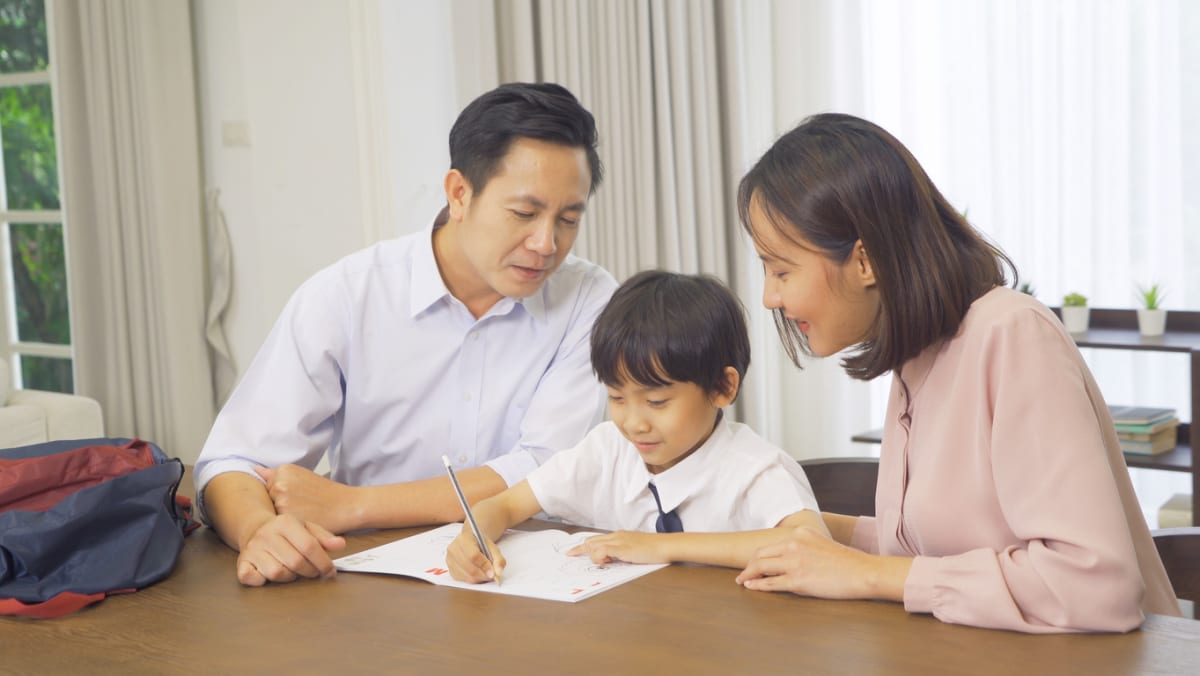
Our emotions not only help us understand ourselves and what we need, but are also essential in shoring up a youth’s social support – whether this comes from family, friends, or a neighbour or teacher.
PARENTAL PRACTICES AFFECT EMOTIONAL DEVELOPMENT
The good news is, parental practices can directly influence emotional development in children and adolescents.
Diana Baumrind, an American psychologist, identified three styles of parenting behaviours: Authoritative, authoritarian and permissive, while Stanford researchers Eleanor Maccoby and John Martin later added a fourth, neglectful. These parenting styles are commonly understood within a framework of parental control and warmth.
Adolescents who perceive their parents as authoritative tend to have better social skills and demonstrate higher levels of empathy. Authoritative parenting emphasises a high level of parental control that is combined with a high level of warmth.
Such parents enjoy a high level of emotional connectedness with their children, and also provide age-appropriate levels of autonomy, encouraging children to make their own choices according to their values and goals.
In contrast, permissive parenting has been associated with lower emotional intelligence outcomes. Research has suggested that permissive parenting limits the number of challenging emotional experiences for children and the extent to which parents directly facilitate emotional growth.
With three children at home, I often have to wear the hat of a referee in de-escalating sibling squabbles. But since the children were young, my husband and I have emphasised that all parties have a hand in conflict, so there’s no use pointing the finger and saying “so-and-so started it.”

